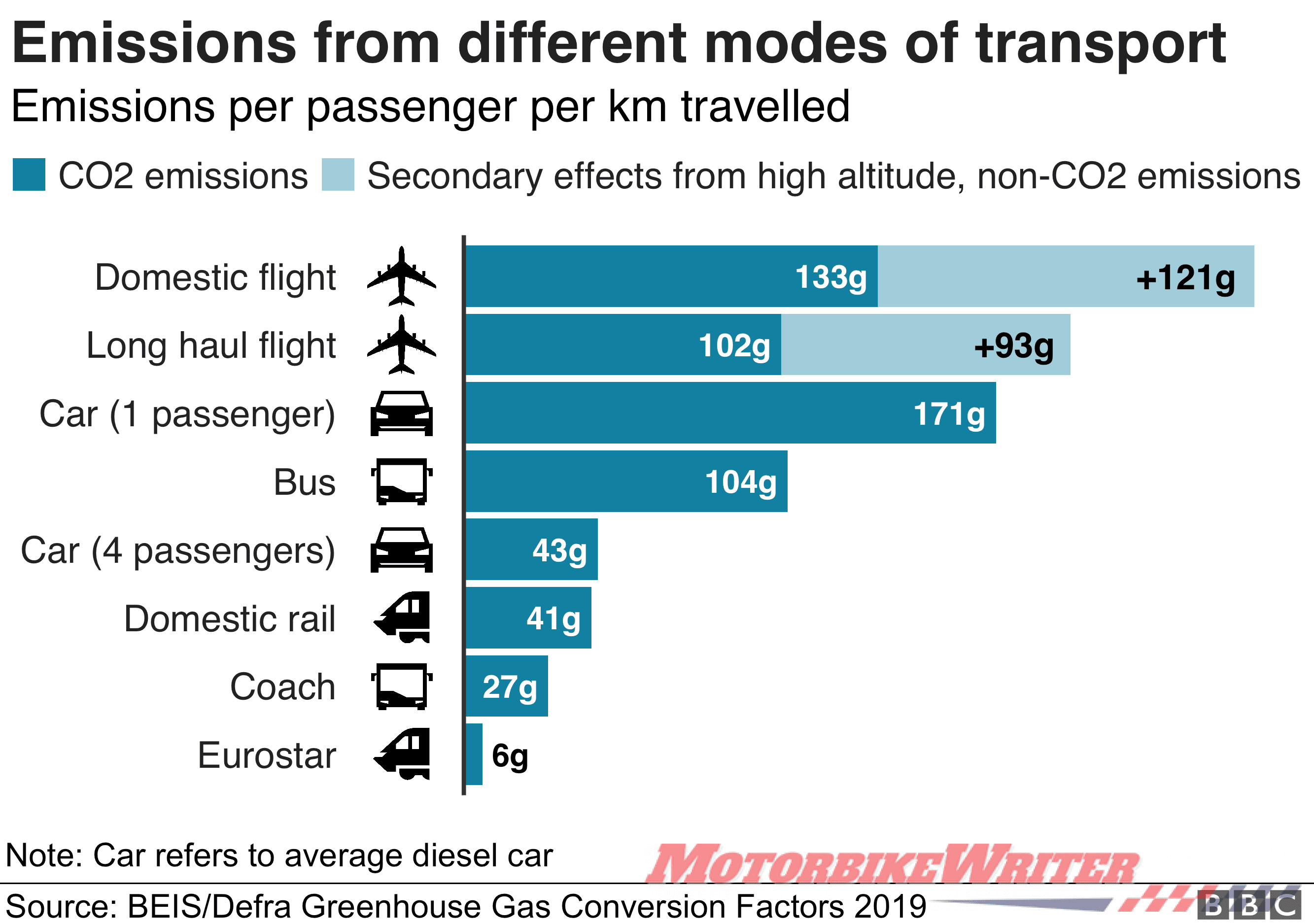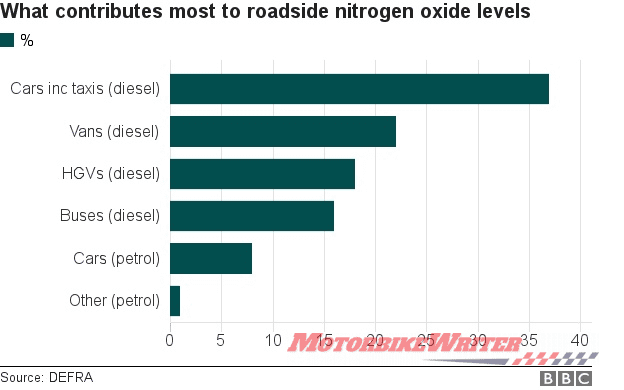In 15 years, Brits will no longer be able to buy fossil-fuelled vehicles, only those that run on hydrogen or electricity … or whatever other fuel source is available in 2035.
While motorcycles are at this stage excluded from the timeframe, they will not be exempt in the long run. It’s just a matter of time.
It follows the recent announcement that Sweden will ban internal-combustion-engine (ICE) vehicles by 2030, while many capitals around the world are banning them from their CBDs.
In Australia, the Greens want a similar ban, the ALP wants 50% of new vehicles to be electric by 2030 and the Coalition projects 25-50% will be electric.
No matter what we decide, the matter would be out of our hands if the world stops making ICE products.
The writing seems to be on the wall … our beloved bikes are heading for extinction!
In fact, the British plan also suggests getting rid of all petrol and diesel transport from their roads by 2050.
Such a move is disturbingly presented in the dystopian film, The World’s Last Motorcycle, which depicts a future dominated by autonomous vehicles where motorcycles are banned not only because of pollution, but because of safety.
Vehicles banned
The British 2035 ban on new fossil-fuelled vehicles was expected to be 2040 with green groups wanting 2030 and the automotive industry going for 2050.
There is no exemption for motorcycles and scooters, despite them being a minuscule contributor to emissions.
The BBC reports that the main contributors to CO2 emissions is air travel, followed by cars wth one passenger, buses.
Motorcycles aren’t even mentioned.
As for roadside nitrogen levels, motorcycles are included in “other” at about 1%.
Meanwhile, London has launched a car and motorcycle scrappage scheme to help low-income and disabled people move to “cleaner vehicles” and “greener forms of transport”.
Riders will get a £1000 grant to scrap their old motorcycle and £2000 to scrap their old car.
What a tragedy if old motorcycles and cars go on the scrap heap or in static museums instead of being preserved in working order for our future generations.




